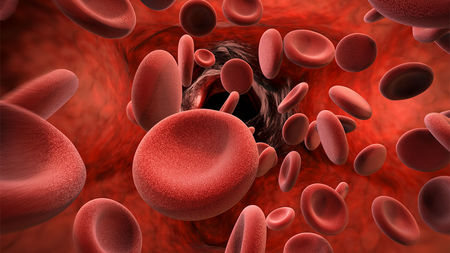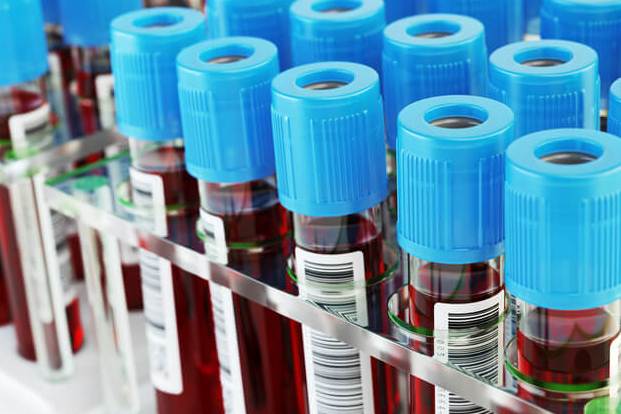Know all about Thalassemia
Apr 19, 2022
Did you know worldwide there are 350,000 new cases of thalassemias diagnosed every year? Even if we consider the average life span of a thalassemic to be 30 years (with better drugs/treatments available), then there are 10.5 million thalassemics requiring care worldwide. This is a large vulnerable group of children and young adults who are TIED, TRIED and TIRED for life. They are tied to the blood transfusion sets from a very young age(most of them since less than 1 year of age), they have been poked and pricked multiple times for vein accessibility as many times the first try in cannulation fails. They are highly exhausted from repeated tests, doctors visits and daily medicines.
Do they have a choice??…Do they have a SAY??… Can we do something for them??… Are we not Gods messengers to alleviate sufferings??…
Yes…Yes…and Yes!!…
Thalassemias are a diverse group of genetic blood disorders which are characterized by absent or decreased production of normal hemoglobin, resulting in a microcytic anemia of varying degree. As hemoglobin is found in the red blood cells which carries oxygen to all parts of the body, its deficiency leads to oxygen starvation of all organs and eventually damages them.

There are two primary types of Thalassemia disease: Alpha Thalassemia disease and Beta Thalassemia disease. There are two main types of Alpha Thalassemias, first is Alpha Thalassemia Major which is a very serious disease and severe anemia begins even before birth. Pregnant women carrying affected fetuses are themselves at risk for serious pregnancy and delivery complications. Another type of Alpha Thalassemia is Hemoglobin H disease which has a wide spectrum of presentation.
There are 3 types of Beta thalassemia disease – Beta thalassemia minor, Beta thalassemia intermedia and Beta thalassemia major. Beta Thalassemia Major is a serious problem and its symptoms appear in the first two years of life. They present with pallor, growth failure, poor appetite and irritability. Treatment includes regular blood transfusions, iron chelation and monitoring of complications related to blood transfusions. Hematopoetic stem cell transplant/bone marrow transplant is the only curative option available with favourable outcome upto approximately 85% if done early with a matched sibling donor. Gene therapy has shown very promising results, but the clinical trials are still going on.
Beta thalassemia intermedia are mostly transfusion independent, also called Non transfusion dependent thalassemias(NTDTs). They are very well managed with Hydroxyurea and blood transfusions occasionally(mostly required during illnesses, growth spurts and pregnancy).
What you take back on Thalassemias
- Regular blood transfusions with adequate iron chelation – Keep Hb>9.5gm/dl, Sr. ferritin<1000ug/l
- Hematopoetic stem cell transplant is the only cure as of date with Good results if done early with a match sibling donor. Half matched/haploidentical transplants have a higher morbidity associated and one must weigh the risk versus benefit before opting for it.
- Genetic Counselling is a mainstay to create a Thalassemia free world(that’s why diagnosing Thalassemia minors are so crucial).
- Gene therapy is the future(Not yet available for the population as clinical trials are still on).
To have a Thalassemia free world each an every one of these 10.5 million cases must be counselled the need to get Genetic counselling done prior to marriage and prior to having kids. If need arises one must not hesitate to get an amniocentesis done(16-20 weeks of pregnancy) to be absolutely sure that the baby in the womb is thalassemia free. I lust for a thalassemia free world.. Do you too?




